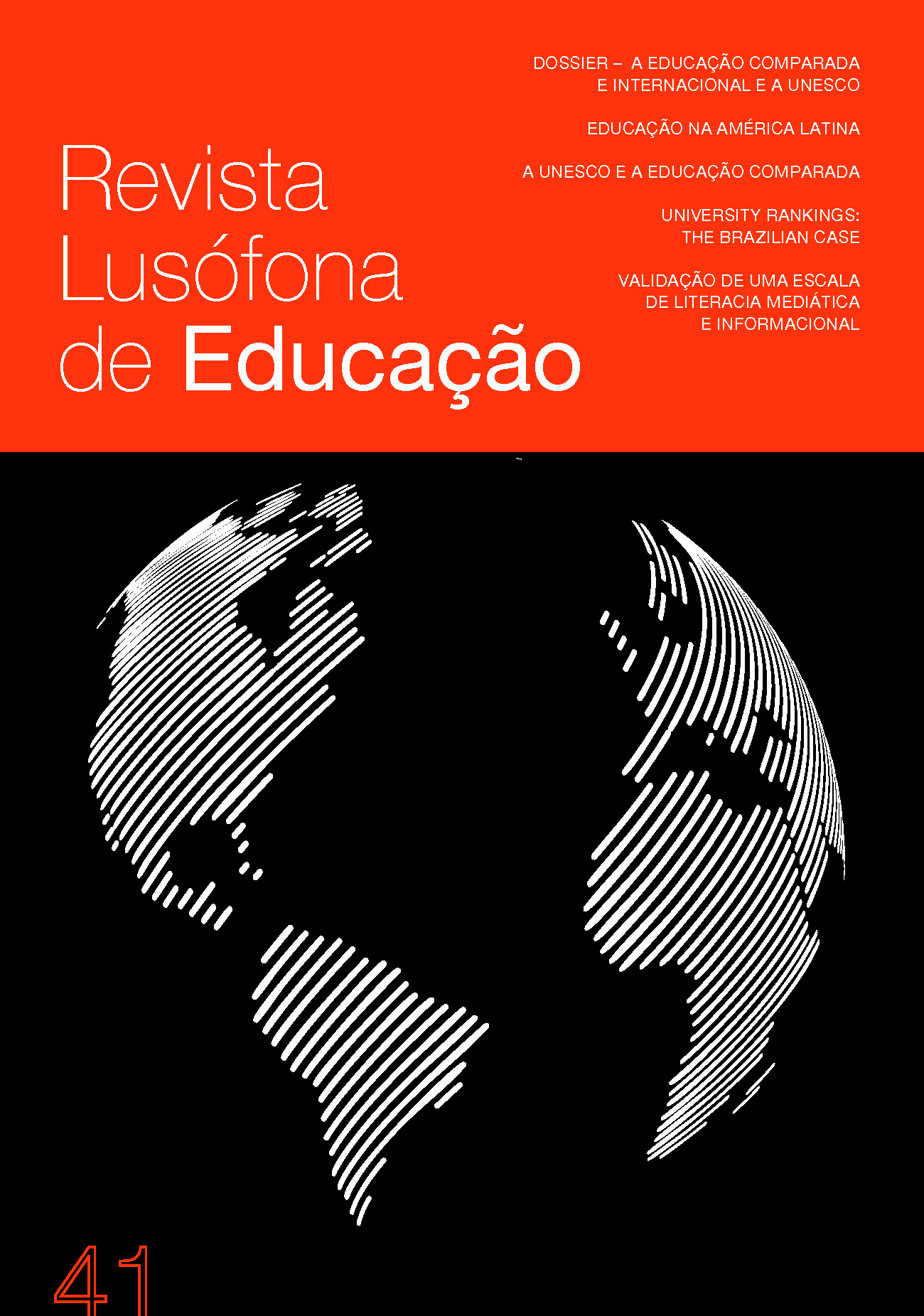The Gamification Octalysis Framework within the Primary English Teaching Process: the Quest for a Transformative Classroom
Abstract
The “Kwesukasukela” project, which focuses on African oral tradition storytelling intermingled with the Ubuntu philosophy (Varty, 2013), has as its main aim to stimulate collaboration, communication, critical thinking and creativity, within primary school settings. In fact, through an experiential communicative approach (Fernández-Corbacho, 2014), South African storytelling can become a gamified experience and integrated into English classroom practices as a means of transformation and stimulation of social cohesion and sustainable development (Battiste, 2005).The aim of this study is to reflect upon Chou’s (2016) Octalysis framework and how it can effectively be applied in Primary English Teaching contexts. The implementation of gamification designs and practices within this type of framework allowed us to understand how we can implement effective approaches towards a transformative classroom. An ethnographic methodological approach, with triangulation of data collection tools (questionnaires, self-assessment worksheets and project work), was resorted. Gamified practices, which deal with South African cultural and linguistic varieties (Nomlomo & Zilungile, 2016) and 21st Century Learning skills, were analized (Cruz & Orange, 2016).The project’s main results show that the gamification approach can foster the development of transformative skills.
Keywords: octalysis framework; english for young learners; storytelling; 21st century skills.
Downloads
-
Authors retain copyright of their work, without any payment, and grant the journal the right of first publication. The work is simultaneously licensed under a Creative Commons Attribution 4.0 International License (CC BY 4.0), which allows others to share (copy and redistribute the material in any medium or format) and adapt (remix, transform, and build upon the material for any purpose, even commercially), provided that proper credit is given to the author(s) and the initial publication in RLE is acknowledged.
-
Authors are permitted to enter into separate, additional contractual arrangements for the non-exclusive distribution of the version of the work published in this journal (e.g., depositing it in an institutional repository or publishing it as a book chapter), provided that authorship and initial publication in RLE are acknowledged.
-
Authors are allowed and encouraged to post and disseminate their work online (e.g., in institutional repositories or on their personal websites), as this can increase the visibility and citation of the published work (see The Open Access Effect).








